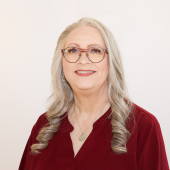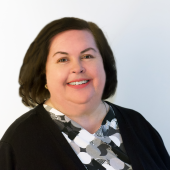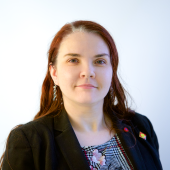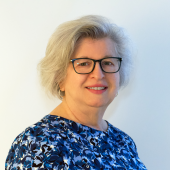
Finding Irish Origins: A County is Not Enough!
When it comes to Irish research, knowing the county your ancestor came from is not enough! To succeed in Irish research and work in Irish records, you need to know the townland and parish. Discovering that information, however, is at times the biggest challenge in Irish family history research. Join Irish experts at American Ancestors for an online seminar that will help you navigate the basics of Irish migrations to America and Canada, lead you to key records, provide strategies for finding origins when records fall short, and demonstrate how DNA can help. Finally, we’ll talk about next steps in making the leap across the pond. This online seminar will cover both Ireland and Northern Ireland.
February 25 - Class 1: Irish Migrations to America and Canada: From the 18th to the 20th Centuries, Rhonda R. McClure
The Irish have been immigrating to America for more than 300 years. By understanding this history of movement and migration, you may be able to discern the motivations of your own ancestors. Learn about the many waves of immigration to the east coast and Atlantic provinces: where they came from, where they settled, and where they migrated to.
March 4 - Class 2: Before You Leap: Searching American and Canadian Records for Irish Origins, Eileen Pironti
Before you can cross the pond and do research in Ireland, it’s imperative that you exhaust records created on this side of the Atlantic. Many times, these records provide the information you need to pinpoint a specific location of origin. Learn what resources exist, what information they provide, and how to access them.
March 11 - Class 3: Strategies for Determining Origins, Melanie McComb
Sometimes records of your ancestor fall short and only reference “Ireland,” “Northern Ireland,” or the “Irish Free State”—or, if you’re somewhat luckier, a county in Ireland. You will need more to explore records in Ireland. Using case studies, this lecture introduces the cluster approach and FAN (family-associates-neighbors) club to broaden your search and uncover origins.
March 18 - Class 4: Using DNA to Determine Irish Origins, Melanie McComb
DNA is another tool to help triangulate more specific Irish origins. This session will cover the basics of using DNA in Irish research, which testing companies to use, how to interpret ethnicity estimates, and finally how to understand and leverage your list of matches. We will end with a case study using DNA.
March 25 - Class 5: Making the Leap: Organizing Your Irish Record Research, Judy Lucey
You’ve learned where in Ireland your family is from, you’ve exhausted the resources online, and now you’re ready to travel to your ancestral homeland. Learn how to plan for your journey and research in Ireland—from visiting repositories to meeting with distant relatives—and making your visit the experience of a lifetime.




